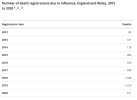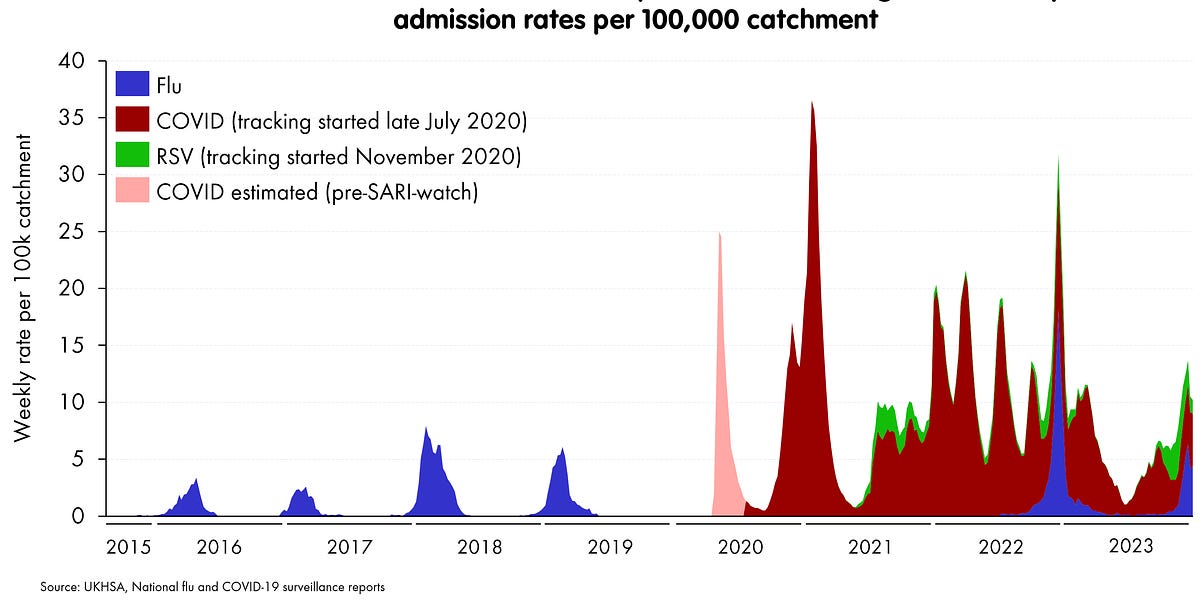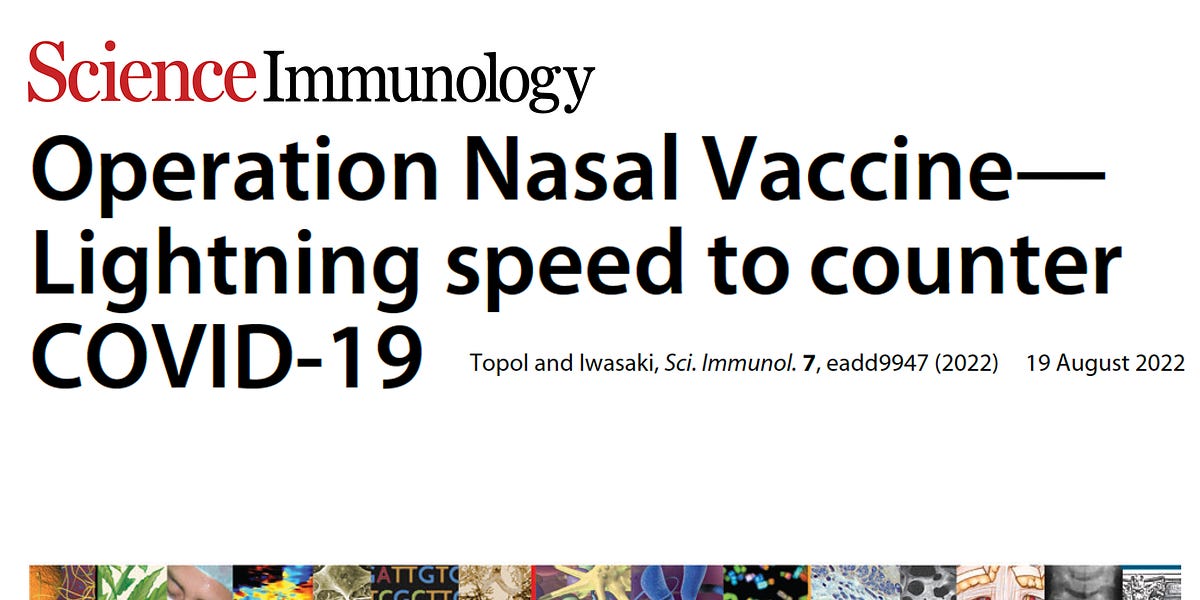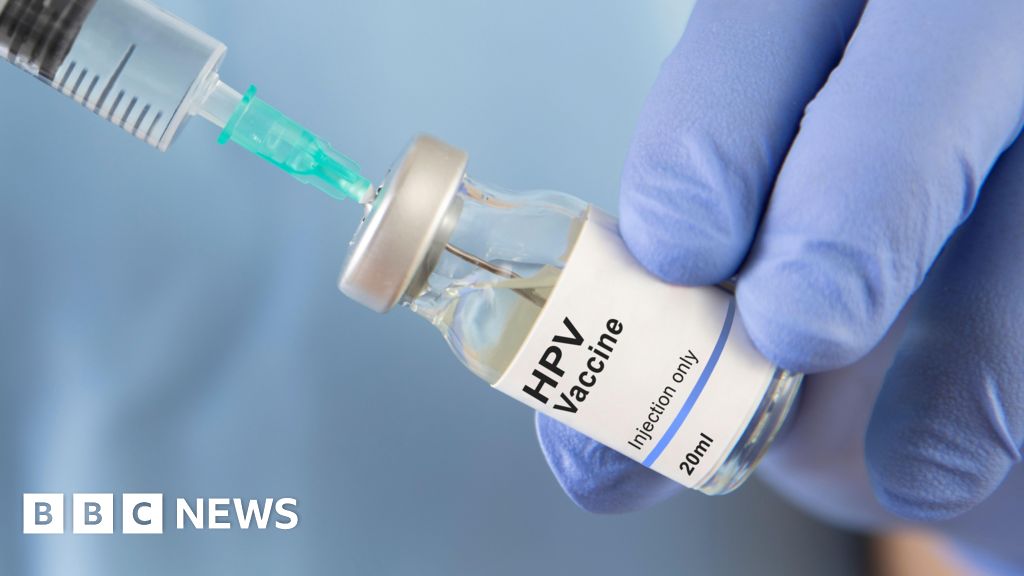'Mike drop' statements like this are antagonistic. The presentation of factual data doesn't necessarily mean winning the argument simply because one has data that supports a perspective. Please present your argument and then welcome challenges to it. If your data is right, the challenge will fail, but you can only prove it right once challenged!Looks like the flu still doesn't need it's own thread. Feel free to refute with data...
The initial impact of C19 was significant as it was a novel disease. As time progresses, we expect (and are currently seeing) SARS-CoV-2 to become background fauna the same as the other disease with far less impact, at which point we can compare them, and at which point C19 probably doesn't need to be discussed as a disease.So we need, on average, 17 years of cumulative pneumonia and influenza deaths to equal the three years of COVID deaths seen in the United States.
That's where Nesh thinks we are, but he's comparing estimates with actual recordings of low-monitoring C19 deaths. I don't think those sources are particularly robust. eg. Where low income countries contribute most to flu deaths included in estimates, those same countries aren't providing accurate C19 death figures included in the actual C19 death counts which are likely under-counted. For comparison, my data is exact from the UK's Health Authority.
Flu

C19

C19 deaths are currently 'low', but more people died of C19 over 'Christmas' than died of Flu in the whole of 2012 or 2014. If we ignore the historical 2023 data which includes far more deaths from more serious 'strains' (lack of immunological resistance, etc), and instead extrapolate these late 2023 figures, 20 deaths a day for 365 days, around 7500 deaths per year for C19 versus ~1500 for flu; more typically 500 deaths a year making C19 an order of magnitude more serious, and that's only counting deaths.
But those death figures aren't what this discussion is really about. SARS-CoV-2 was a novel virus, one humanity had never experienced before. It has a lot to teach us and that discussion is still ongoing. It shouldn't be swept under the carpet as a done thing now because the lessons still need to be learnt, including lots of analysis opportunities, and the Long Covid situation which may actually shed light on other disease reactions we missed and left unexplained.
A discussion on flu has nothing to add here. I mean, l there's nothing stopping Nesh from starting one if he wants, but I for one won't be following it because I don't think there's any value in it. "General background disease" isn't that important. "Pandemic killing millions per year" is. I'll be following those Pandemic conversations when they happen regardless of the underlying pathogen strain, but I won't be reading any everyday disease thread.
Last edited:




